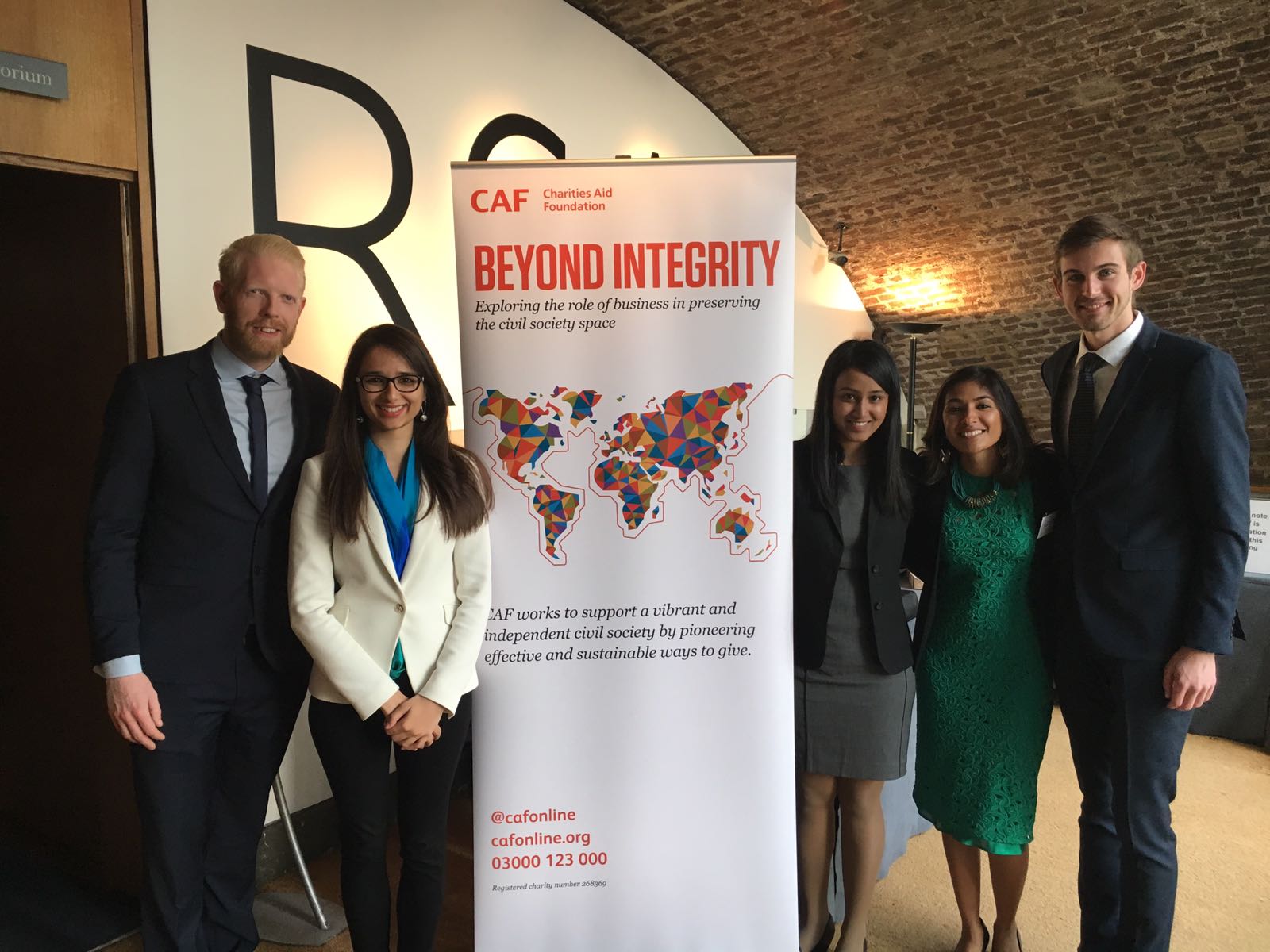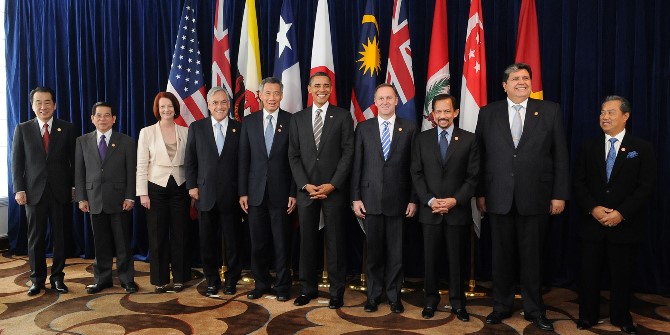Faguet, J.P. 2013. Publius: The Journal of Federalism. doi: 10.1093/publius/pjt020
Bolivia is well known internationally for two things: President Evo Morales, the first indigenous president in its 188 year history, and its place at the base of the cocaine trade. But in policy circles it is also well known for something less controversial but possibly more important – a radical, sincere decentralization programme that has deepened over time as it was taken up enthusiastically by citizens at the grass-roots, and in the process appears to be transforming the country.
One of the strongest arguments in favour of decentralization is that it will deepen democracy and strengthen public accountability by taking government “closer to the people”. Bolivia recently implemented new reforms that deepen decentralization, granting further devolved powers and resources, known as “autonomy”, to departmental, regional, municipal, and indigenous and rural governments. With ample information now available from the first round of decentralizing reform beginning in 1994, and the new reforms now getting under way, it is a good time to ask: Can decentralization strengthen democracy in Bolivia?
Specifically, what effects might these reforms have on public investment patterns, government responsiveness, intergovernmental fiscal relations, the sustainability of public finances, and political accountability? In a newly-published paper in Publius, Dr Faguet examines autonomies in light of both fiscal federalism theory and evidence on the effects of Bolivia’s 1994 decentralization. By submitting the new reforms to the dual rigors of theory and evidence, he arrives at contingent projections of their likely effects. He identifies adjustments to improve efficiency and sustainability in intergovernmental relations, and reduce horizontal imbalances. In sum, the autonomy reforms have the potential to improve citizen participation, make government more accountable, and deepen Bolivian democracy.
This paper is a notable instance of careful research leading to a major policy impact. Dr Faguet was asked to do the analysis by key reformers in the Bolivian government and the Inter-American Development Bank in order to inform the national debate in Bolivia and improve a draft law then before Congress. The paper prompted a revamp of the law towards more democratic accountability, stronger electoral controls over public officials, a more rational and explicit division of authority and resources amongst the different subnational levels, and – in this strengthened context – greater devolution of resources to local and regional governments. This much improved version of the law was passed by Congress the following year, and is now being implemented.
Also available on ResearchGate.





